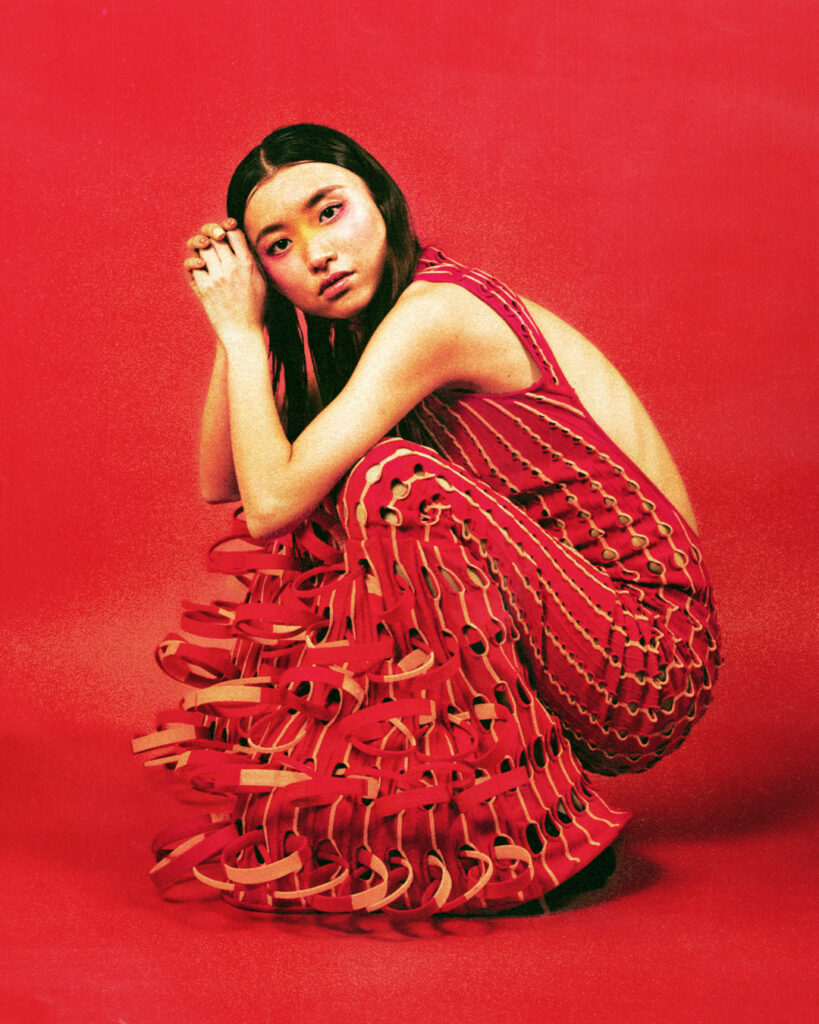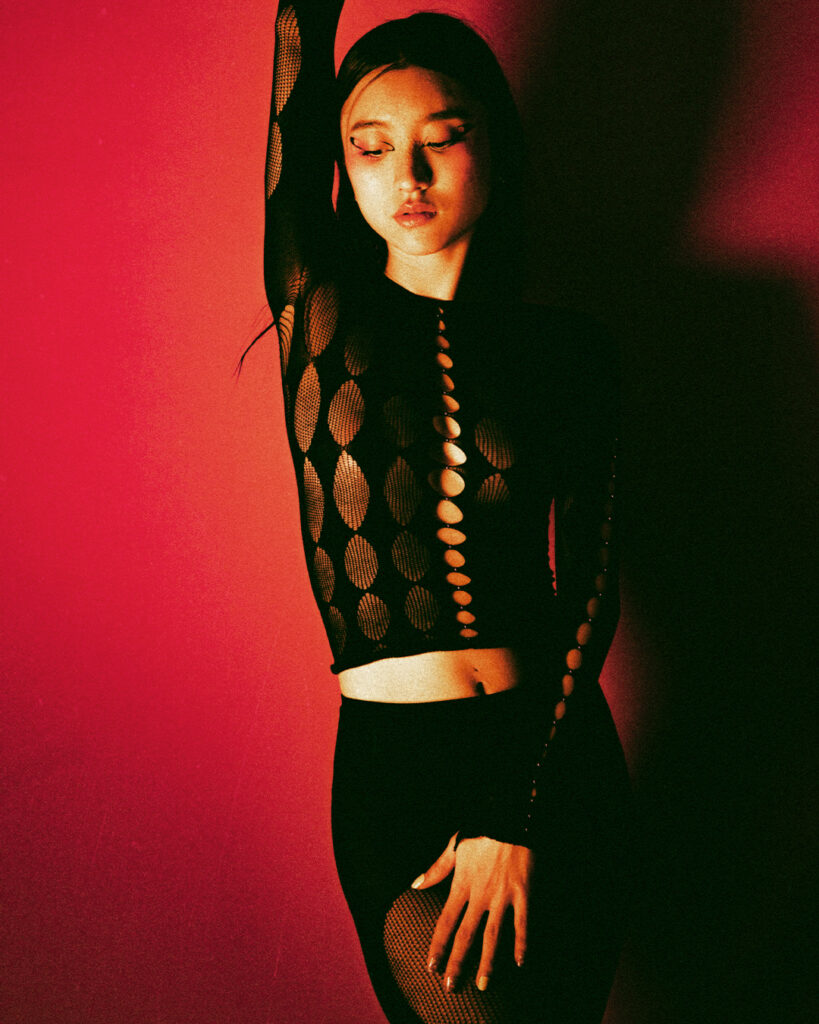Didi Han

Didi Han is a prominent figure in South Korea’s blooming electronic music scene, her career marked by a fusion of diverse influences and innovative sonic explorations. With a background in textiles and fashion and a love of electronic music production, Han brings a unique perspective to her compositions, blending elements of tradition and experimentation. Her EP ‘In The Zone’ garnered widespread acclaim for its immersive soundscapes and evocative atmospheres, showcasing Han’s ability to craft compelling narratives through music.
Having established herself in South Korea’s electronic music landscape, Han has witnessed the scene’s rapid growth and evolution firsthand. She is now based in Paris and draws parallels between the current scene in her native country and the French capital a decade ago. She envisions a future where South Korea’s electronic music scene attains similar global significance. Han is fuelled by a passion for music and a commitment to pushing creative boundaries. NR joins the artist in conversation.
As a musician who traverses various electronic music genres, how do you approach blending different styles and sounds in your compositions?
There are so many artists that inspired me. These include Four Tet, Skrillex, or many producers from the 90s. I try to practice something new, and bring inspiration from past projects as well. This approach can bring some new sounds, I guess. But even when the music has something new, the fundamental elements in there can’t be new. All music genres share similar fundamentals, even if the sound differs. I try to understand the basics of music as much as possible. It’s like cooking, how you combine familiar ingredients.
Your EP ‘In The Zone” received acclaim for its innovative sound could you walk us through your creative process and inspirations behind the EP?
At that time I bought a TR 8s and I started to compose with this machine. I often begin by sketching ideas with this machine, even though I later replace the samples. I concentrate on how these beats could drive movement. Living near a busy street in Paris, I was constantly exposed to sirens, which contributed to a sense of anxiety within me. I believe this EP reflects that period of my life. I incorporated sounds from vintage synthesizers to evoke a 90s vibe.
Having been a part of South Korea’s electronic music scene how do you think the landscape has evolved over the years and how different is it to working in Paris now?
I’ve noticed that South Korea’s electronic music scene has been rapidly growing. I heard this is similar with the scene in Paris about ten years ago. I think that in another ten years, South Korea’s electronic music scene will be as significant as France’s. Good thing in Korea, people are more excited about these kind of events because it’s rarer than in France. However, working in Korea as DJ is quite hard because Seoul doesn’t had proper DJ booking agencies so many artists are managing themselves and facing challenges. But I heard there are some company starting managing this so I guess it will be better and better.

You trained as a textile and fashion designer, how does this influence your music?
After I started being into music production, I realised the similarities in the creative process between fashion design and music. Both involve finding inspiration and developing it into a form of art to share with the world. This process has helped me develop ideas for EPs and express myself through music and show myself to people.
What advice do you have for young creatives looking to work in the industry?
Do whatever you want and follow your heart with your pure passion.
Credits
Photography · Adam ZM
Styling · Pierre-Alexandre Fillaire
Hair and Makeup · Angie Marqueton